TEHRAN(Bazaar) – Tariq Raouf, former Director General of the Atomic Energy Agency says it seems that the Biden administration has removed its opposition to South Korea to release some $ 7 billion of Iranian oil sales funds held by South Korea, and the Korean official met with U.S. and EU officials in Vienna to clarify the matter and to get assurances that Korean financial institutions will not be penalized for transferring the funds to Iran.
Following is the text of the Bazaar interview with Tariq Raouf:
Bazaar: According to the news, the Vienna talks are moving forward. The Western parties also announced for the first time the progress in the negotiations. What is your assessment?
Rauf: It seems that Iran is no longer insisting on rescission of all sanctions but wants Trump sanctions removed and this is considered a positive mood. Whether Iran shares the view that good progress is being made remains to be seen.
Bazaar: According to some news, the negotiations will end by the end of February. This was while with the beginning of the talks in the seventh round, they assessed the situation as complicated and complicated. What happened that brought the views of Iran and the US closer together?
Rauf: The stumbling blocks seem to concern the scope, timing and credibility of removal of US sanctions, rather than the technical elements of limits on Iran’s nuclear program. Whether this can be completed in the next seven weeks is ambitious, as sanctions removal will take time to be implemented and for the benefits to flow to Iran in the form of Iranian oil exports and deposits of funds in EU and international banks and available to Iran.
Bazaar: During a recent visit to Israel, US National Security Adviser Jake Sullivan told Israeli officials that the threat of a return to UN Security Council sanctions through a snapback mechanism should be used as a means to deter Iran from enriching uranium with weapons-grade. That is, the United States intends to activate the snapback mechanism if Iran's enrichment increases. Meanwhile, the head of Iran's Atomic Energy Organization, Mohammad Eslami, has stated that Iran will not carry out more than 60 percent enrichment, even if the talks fail. What is the reason for the US threat to activate the snapback mechanism?
Rauf: The US is no longer a party to the JCPOA after May 2008 and thus cannot trigger UNSCR 2231 snap back sanctions until it returns to compliance with RES 2231 and the other parties to the JCPOA accept and recognize that the U.S. has returned to full unconditional compliance with the JCPOA. Even after the US returns to the JCPOA it will not be easy to trigger snap back sanctions as this would be opposed despite the terms of RES 2231.
Bazaar: Israel, which has been opposed to any nuclear deal with Iran, has changed its position, declaring that a deal with Iran is better than no deal at all. What are the reason for Israel's change of position and its acceptance of the revival of the JCPOA?
Rauf: Only retired Israeli military and intelligence officials have stated that the JCPOA was working and it was a blunder by Trump to denounce the agreement as was Netanyahu’s opposition. The current Israel government is still opposed to the JCPOA.
Bazaar: South Korea's Deputy Foreign Minister traveled to Vienna to decide on freeing up Iran's blocked funds. What is your assessment of this visit to Vienna during the talks?

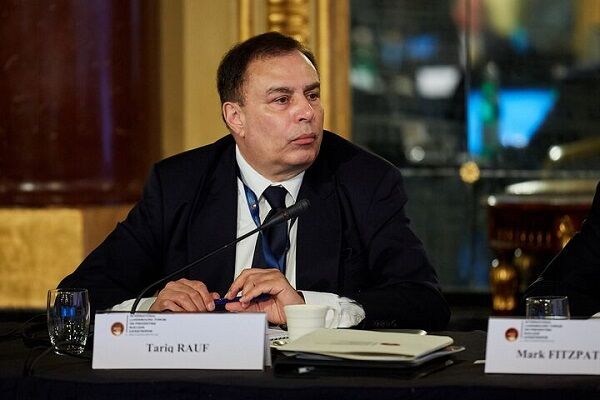



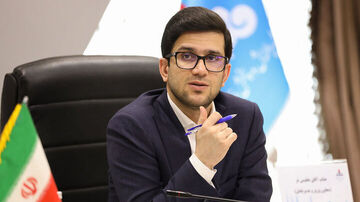

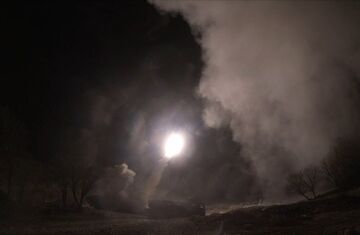


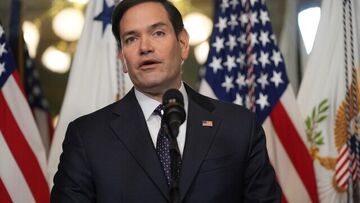

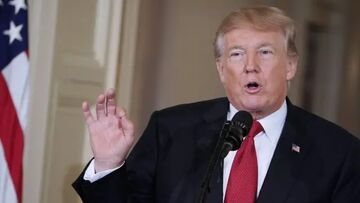

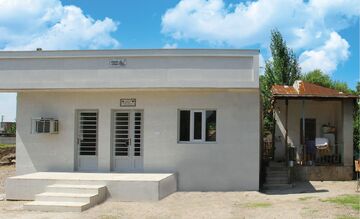
نظر شما